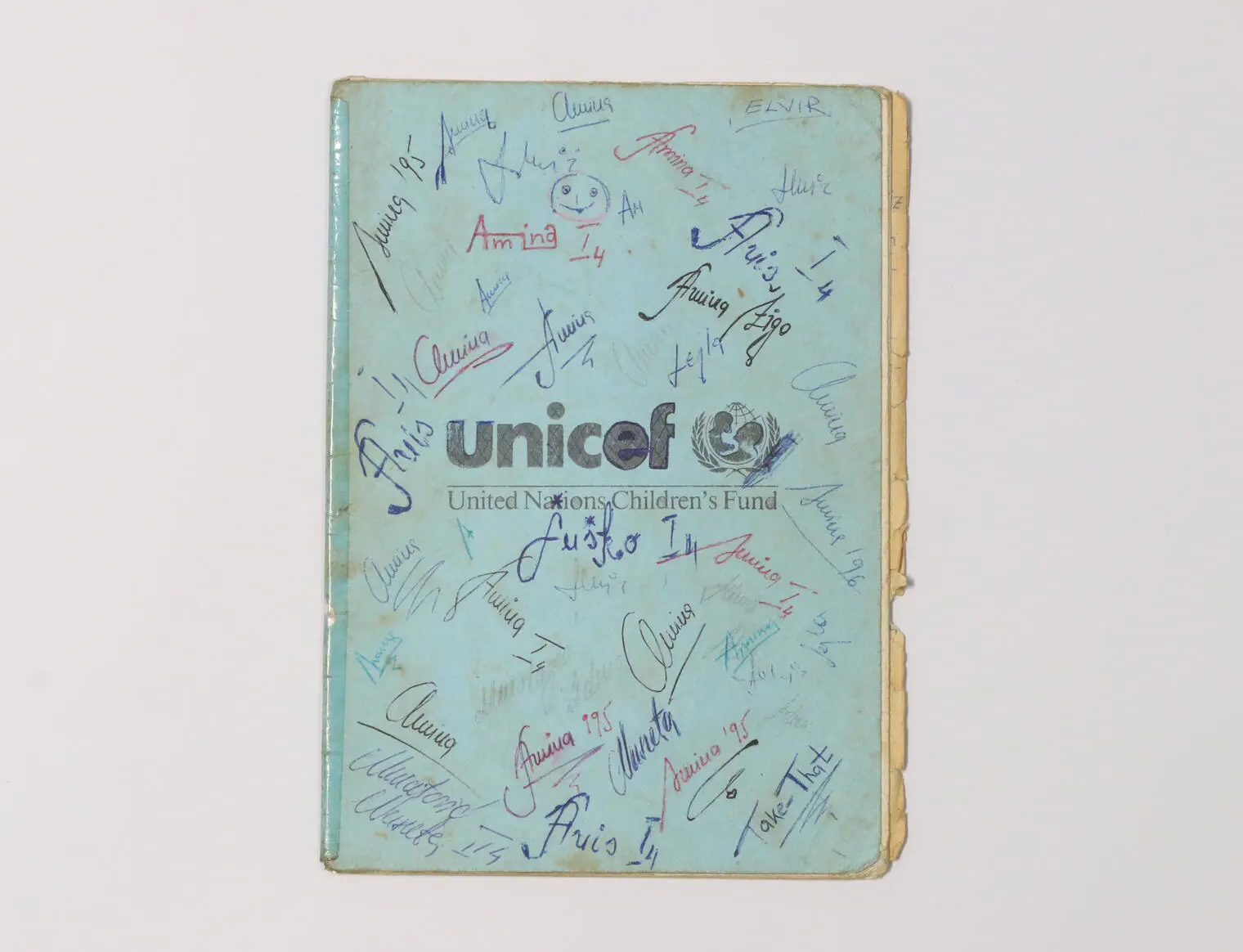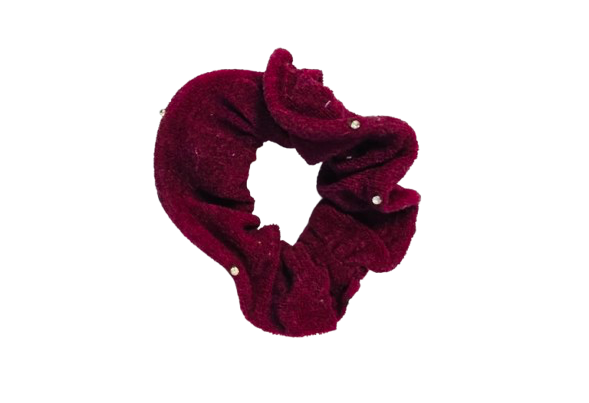On August 19, we mark World Humanitarian Day, which draws attention to the need to protect the lives, dignity, and safety of people affected by crises, as well as those working on the frontlines to support them. This year’s message highlights that the humanitarian system is facing unprecedented challenges—stretched to its limits, underfunded, and under pressure. Through its collection, the War Childhood Museum preserves stories that remind us of the vital role of humanitarian workers and the human cost of war.
Read some of them here:
Our Skies Rain Aid
Gazans fear the sky. It is haunted by flying witches dropping bombs and reaping lives, and by drones that drive people crazy with their roaming and buzzing. Now, a new fear has emerged: planes dropping humanitarian aid.
Late in the morning of February 29th, 2024, I was waiting for my turn at the failing water tap. Suddenly, the sky was full of shapes resembling giant birds. Planes flew so low that I could see the detailing of their hulls. They circled in the sky. They released objects—like flying umbrellas—that floated toward the earth. Shouts and screams filled the air. I looked out and saw people running toward the west, yelling, “They are dropping aid! Near the coast! Hurry!”
We ran after the falling parachutes. Crowds formed, running west. The race ended at the coast, but the aid parcels fell amidst the rattling waves. Other boxes landed by the shore, and the people rushed toward them. Each person wanted to carry something home to their waiting family. The scene turned chaotic as crowds quarreled and fought. In the end, we did not manage to get anything.
This is the photo I took of one of the parachutes.
Farah, 2007, Palestine
Humanitarian Aid Commissioner
When I was sixteen years old, I wanted to feel as though I was giving back to my community, so I began volunteering locally. I was assigned the role of humanitarian aid commissioner. I felt so important! My mom washed my clothes for this special occasion – I only had one outfit aside from the few ratty items that I wore around the house. It was very cold, and my clothes weren’t able to dry in time! All panic and tears, I looked for solutions. My sister’s boyfriend had just received a new army uniform and brought it for me to wear. I immortalized this moment on film.
There was already a long line of locals waiting for their rations when I reported to work. All of them were carrying bags and plastic bottles. I carefully weighed their flour and beans and measured out oil from the tin cans before pouring it [into their bottles]. They went back smiling. But alas! The line ahead of me was still long, and I had already poured the last drop of oil! I did not know that cold oil “compresses” and that I should have left it at room temperature a bit longer before distributing it. Those who were still in line were upset. Some were sad and cried, others shouted and cursed. Still, others came to terms with their fate and went home with what they were able to get. I later had to claim responsibility for my mistake in writing. At the time, it was an unpardonable offense. I was so sad! My mom banned me from doing any further work in the local community!
Medina, 1977, BiH
UNICEF Notebook
During the war, we received notebooks at school as part of humanitarian aid. They had the UNICEF logo on the cover. Although they were thin, they meant a great deal to us. We used them to write down schoolwork and what the teachers dictated during classes.
The blue notebooks had lines, and the green ones had squares.
Amina, 1980, BiH
Cool Dude with A Guitar
One September morning in 1991, we abruptly left our Kaočine, a village next to Drniš. In all that haste, mom managed to save just a few photos and some of my toys. Just like all the others who were forced out of Drniš, we were given accommodation in Split and were then transferred to Solaris Hotel in Šibenik. As mom was in her ninth month of pregnancy, my brother Mate was born soon after we arrived. During our stay at Solaris, Caritas organized the distribution of the humanitarian gift packages, which were sponsored by families from Germany, France, and Italy. Since Mate and I were the youngest in the family, we got all the “Kinder Surprise” chocolate eggs from the packages. Getting a little toy from each egg excited us the most, and we managed to collect as many as 50 in that period! We left Solaris and returned home only in 1996, and this cool dude with a guitar is one of the toys we kept as a reminder of our life as refugees.
Jelena, 1989, Croatia
Jacket in an Ugly Shade of Green
I remember that during the war we didn’t have much to eat or wear, both in terms of quantity and of variety. The neighborhood children, myself included, would sometimes run after UNPROFOR convoys and they would throw us ration packs with plenty of nice things. Maybe their generosity was partially brought out thanks to our determined friend Ivana who shouted “hey you, bonbon!!!” each time that they passed. There wasn’t much humanitarian aid, I recall that it was distributed at school only once. These packages contained clothing, shoes, and school supplies too, possibly. I was the tiniest child and I got stuck with one not-too-appealing jacket, simply because of that. The jacket was double-sided: one side of it was green, the ugliest shade of green that was known to me, and the other was red and white plaid that resembled tablecloth. I didn’t keep the jacket, but on one occasion, I don’t recall why, I took a photograph while wearing it. This is one of my two war photographs, and one of the rare wartime items that I kept.
Sanja, 1984, BiH
Forgotten Flour Sack
My mom always made sure that there were food supplies in the house. Two years before the war she bought a sack of black millet flour and left it in a closet on the balcony of our apartment. The sack was forgotten for a long time, even during the war when it was exceptionally tough to get food. We ate that which we received in the humanitarian aid packages. In 1994, we planted our own garden using seeds from those packages. That same year, my mom “discovered“ the forgotten flour sack on the balcony!
She mixed the forgotten flour with the white flour from the humanitarian aid packages to make bread. This is the rations card we used to pick up the white flour. Since the flour from the balcony had expired, the bread made from it was black, gooey, and smelled bad. This unappetizing recipe was my mom’s way of saving up. You would eat the homemade white bread in an instant, but my brother and I ate this one piece by piece, just to alleviate hunger.
Amila, 1976, BiH











